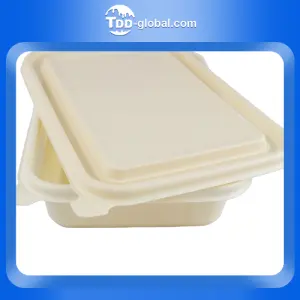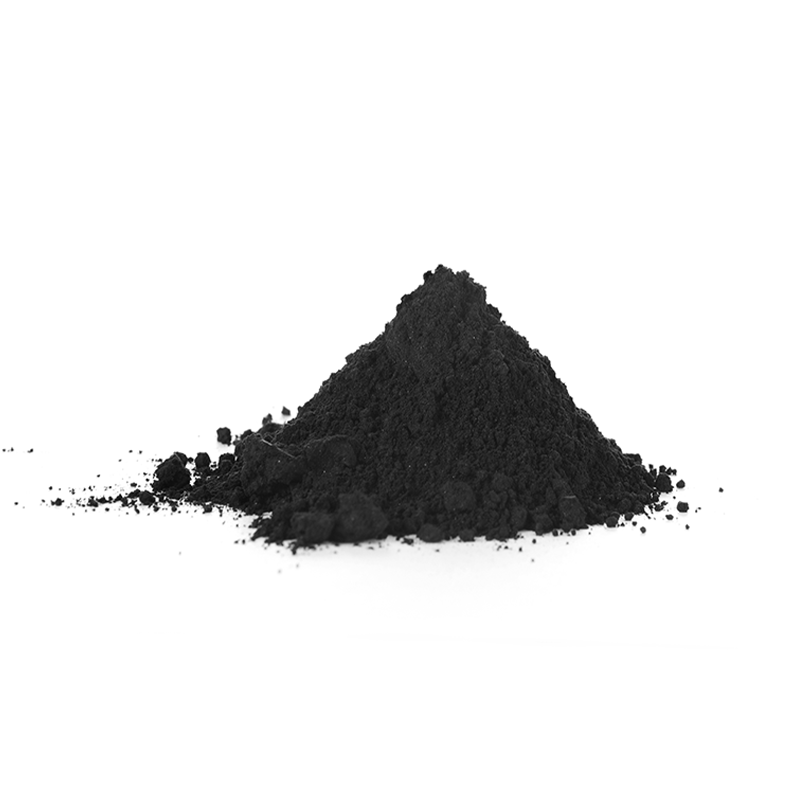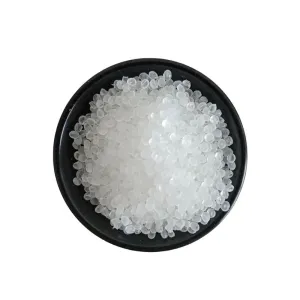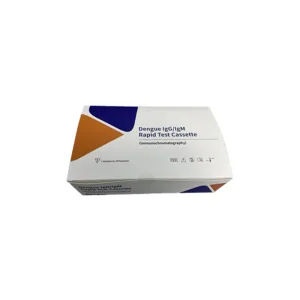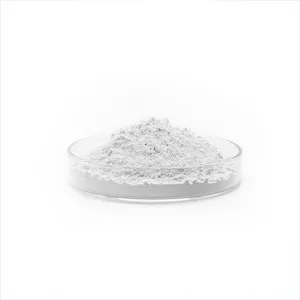Argus Metals
587
September 20, 2024, 3:56 PM
Airbus and Safran, the aerospace original equipment manufacturers (OEM), are working to reduce purchases from Russian titanium producer VSMPO-AVISMA, admitting that the issue has become more urgent after Russian President Vladimir Putin last week called for restrictions on exports of titanium, nickel and uranium.
A spokesman for European aircraft maker Airbus told Argus that the company was protected in the short to medium term because it had other metal suppliers. The spokesman said progress was being made in the supply chain through multi-source procurement solutions, but the company declined to comment on a specific timetable.
A company representative of French aerospace manufacturer Safran told Argus that since February 24, 2022, the group has been making extensive efforts to reduce its dependence on VSMPO titanium supply. The representative said that it had been qualifying non-Russian alternative sources and that the certification channel was almost complete. According to the complexity of the relevant parts, the qualification of new sources takes 2-3 years. However, the expansion of supply, whether from existing or new suppliers, cannot be completed immediately. Industry executives say supply cannot meet demand.
VSMPO is the world's largest titanium producer, and decoupling from its supply is a daunting task. Alternative supply is challenging due to exclusive contracts for parts such as landing gear components, as well as limited capacity to produce large closed-die forgings, other forgings and machining.
Airbus confirmed in October that it was complying with sanctions, fulfilling existing contractual commitments and eventually seeking to decouple its supply chain. "any direct and indirect delivery of aircraft parts, equipment and software to Russian territory or to Russian entities or individuals, wherever they are located or operated, has been suspended," the company said this week. " .
Titanium is used in a variety of aerospace applications, including structures, fasteners, compressor blades, landing gear and heat exchangers. Nickel is mainly used in high temperature superalloy, combined with cobalt and other metals, used in the hot core of jet engine.
Russian titanium is less controversial in the US market because US aircraft manufacturer Boeing terminated procurement from VSMPO and its joint venture with VSMPO forgings, Ural Boeing Manufacturing, in March 2022. In April 2022, the US imposed a 70 per cent tariff on unwrought titanium imports from Russia and imposed export sanctions on VSMPO last September.
Compared with the United States, the European Union has not imposed any import and export sanctions on VSMPO.
Canada was the only Western country to impose direct sanctions on materials received from VSMPO, although Airbus and Canada's Bombardier were subsequently exempted. The US aerospace group RTX has been caught up in Canadian sanctions and has had to open two new titanium supplies for the manufacture of its landing gear, carried out by Collins Aerospace, a Canadian subsidiary of RTX.
At the time of publication, Bombardier and RTX had not responded to requests for comment.
Timet, ATI and Perryman--, 3/4 of the major titanium plants in the United States, are expanding ingot smelting capacity to fill supply shortages left by VSMPO, while Boeing, Airbus and other aircraft manufacturers aim to increase aircraft production, driving demand from original equipment manufacturers. Japanese sponge titanium producers Dongbang Titanium and Osaka Titanium are also investing in expanding sponge titanium production capacity, but it will take several years to put into production.
It is unclear whether Russia's export restrictions are real or just a possibility. Safran said it had no information other than Russia's public statement and Airbus had no comment.
VSMPO-AVISMA 's main shareholder is the Industrial Investment Corporation, which holds 65.27 per cent of the shares, while 25 per cent is held by Rostec, the Russian state-owned defence company. While calling for restrictions, Putin also warned that restrictions should not harm Russia.


